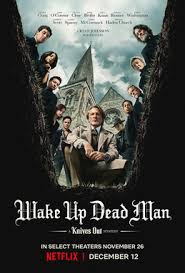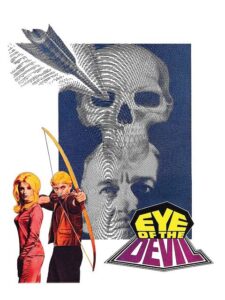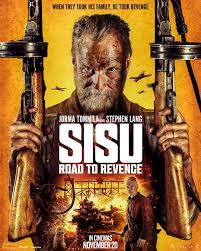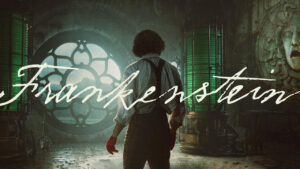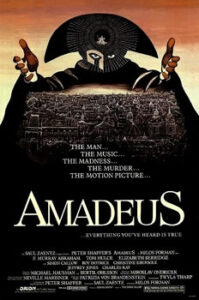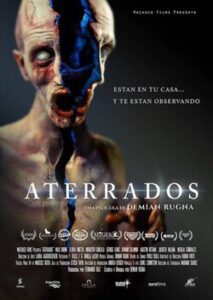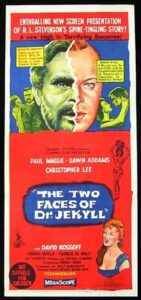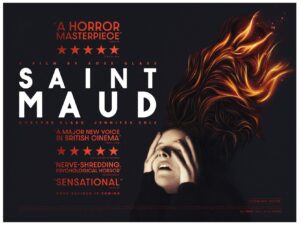.
I spent the weekend with a mysterious sinus condition that, while principally asymptomatic, left me with loss of appetite, light-headedness, and a touch of vertigo whenever I walked or stood or even sat up straight at my desk. This was nasty enough that I called in sick Monday and lost out on 2 hours of overtime. Luckily, the novel was done and I could coast being a waste in my easy chair while the issue ran its course.
I became aware of Rob Reiner’s death in bits and pieces over the course of a few hours on Sunday. First, tweets from the film side of my Twitter feed started posting RIPs and other acknowledgements of his passing. When they popped up, I noted them. It was sad to lose a talent such as his, but I had no particular reaction of concern—not because I was heartless or opposed him for some political or artistic stand, but because I tend to have no parasocial relationship with celebrities. The people we see on our screens are not who they truly are; it is their public face. Mourning, for me, is for those close to me personally and for the truly tragic.
Then more details began surfacing: Reiner and his wife had been murdered in their home.
Fear crept into my thoughts.
In these terribly heated, hateful, and charged political times, it was not at all beyond the realm of imagination that some demented, disturbed, and misguided individual had taken some form of revenge on perceived enemies. I posted nothing though, because early reports are the least reliable and it was always best to wait for more information.
Fear transmuted into sorrow when news emerged that the couple had been slaughtered by their adult son, whom the authorities then pursued and captured Monday. The murder became a terribly tragic affair that echoed the murder of performer Phil Hartman, also killed by a family member. Naturally, our egotistical and childish president could not resist making such a tragic event about himself, but fortunately he appears to be the exception and not the rule.
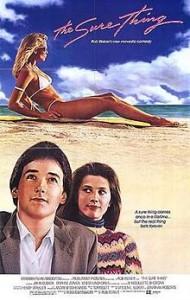 I came to Reiner as a director through his debut feature film, This Is Spinal Tap. Despite my indifference to heavy metal, I found the film fantastically funny and accessible. His next feature, The Sure Thing, though under-loved among his catalog, is another of my favorites and one I may watch this week both as tribute and as my holiday film.
I came to Reiner as a director through his debut feature film, This Is Spinal Tap. Despite my indifference to heavy metal, I found the film fantastically funny and accessible. His next feature, The Sure Thing, though under-loved among his catalog, is another of my favorites and one I may watch this week both as tribute and as my holiday film.
Reiner was by far not a perfect director—the faults in The American President are Sorkin’s, not his, and the sexism in Sleepless in Seattle is mild but could have been easily avoided. When we paint traits for people with a wide racial or sex-based brush, it is nearly always an ‘-ism.’ (Hint: a movie that “no man gets” was written, produced, and directed by men.)
I have a number of Reiner films in my library, and in all our collections, he continues to live.

